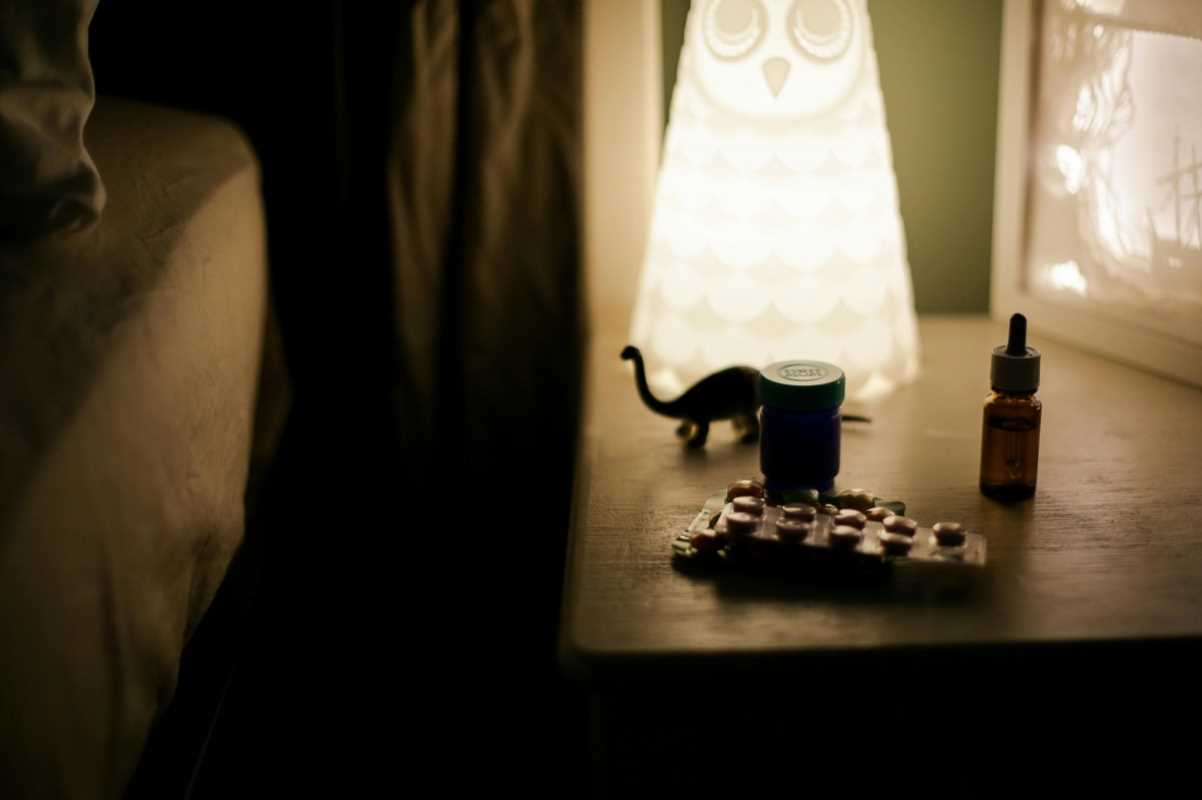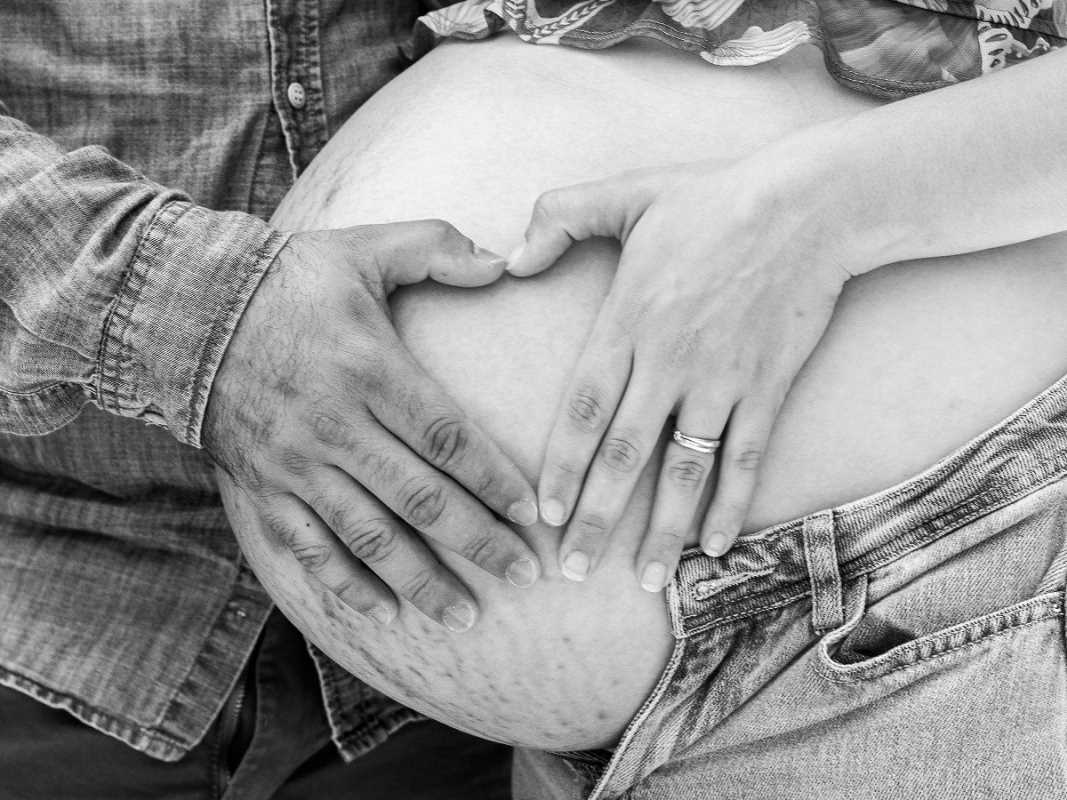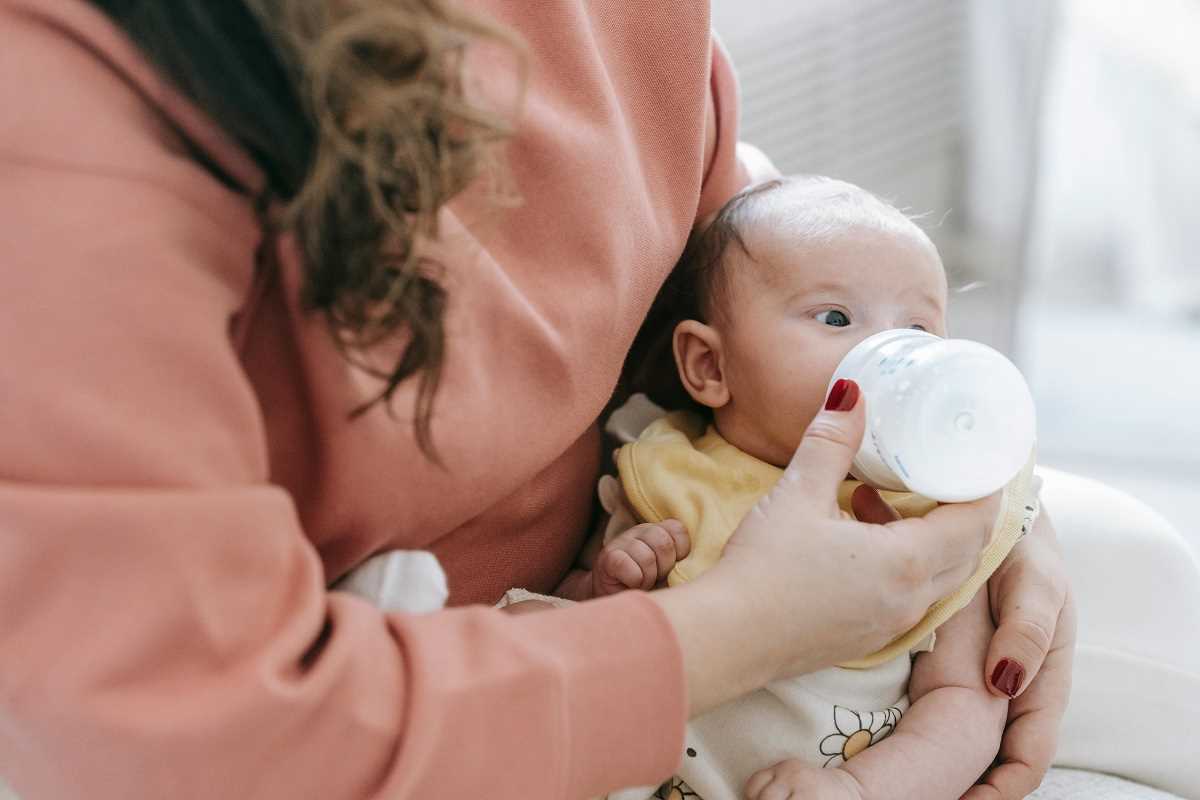Bringing a baby into the world is a life-changing experience. You’ve probably spent months preparing for your little one—decorating the nursery, stocking up on diapers, and researching every baby gadget known to man. But what about preparing for you? The postpartum period, also known as the “fourth trimester,” is a time of profound changes for new moms, both physically and emotionally. Knowing what to expect can make navigating this time a little less overwhelming.
While there’s plenty of focus on baby care, it’s just as important to take care of yourself. Your body has been through a marathon, and adjusting to life with a newborn is no joke. Here’s a rundown of common postpartum problems every expecting mom should be aware of, along with some tips to help you through them.
1. Physical Recovery
It’s no secret that pregnancy and childbirth are hard on your body. The weeks (and months) after delivery are all about healing, but that process isn’t always glamorous. Here are some things to expect:
- Vaginal soreness or C-section recovery: Whether you delivered vaginally or via C-section, your body will need time to heal. Stitches, bruising, or incision pain are common, and it’s completely normal to still feel a little sore “down there” for a while.
- Bleeding (lochia): You’ll experience postpartum bleeding as your uterus sheds its lining. This can last anywhere from two to six weeks, and it might be heavier than you expect at first. Stock up on maternity pads because tampons are a no-go until your doctor clears you.
- Uterine cramps: Called “afterpains,” these are a result of your uterus contracting back to its pre-pregnancy size. They can feel like mild to intense period cramps, especially while breastfeeding.
Self-Care Tips
- Rest as much as possible (easier said than done, right?).
- Use pain relievers or sitz baths for vaginal soreness.
- Talk to your doctor if your bleeding seems too heavy or if you notice large clots.
2. Hormonal Changes
Remember all those wild mood swings during pregnancy? Yeah, they don’t just disappear after childbirth. Hormonal shifts can happen fast, and they can leave you feeling like an emotional rollercoaster.
- Baby blues: It’s completely normal to feel weepy, overwhelmed, or irritable in the first couple of weeks postpartum. These feelings usually pass on their own as your hormones balance out.
- Hair loss: Yep, that luscious pregnancy hair might start shedding a few months after delivery. This happens because hormone levels are dropping—don’t worry, your hair will grow back in time.
- Night sweats: Postpartum night sweats (thanks, hormones!) can drench your sheets and leave you feeling icky.
Self-Care Tips
- Give yourself grace—it’s okay to feel “all over the place.”
- Stay hydrated and be patient with your body as it recalibrates.
- If you’re struggling emotionally, don’t hesitate to reach out for support (more on that below).
3. Breastfeeding Challenges
Breastfeeding can feel like a beautiful bonding experience or an endless booby trap of leaking, latching struggles, and sore nipples. Many new moms face challenges when it comes to nursing, so you’re not alone if it’s harder than expected.
- Latch issues: Ensuring your baby latches properly takes some practice (and maybe a little guidance from a lactation consultant).
- Engorgement: Full, swollen breasts can be painful when your milk first comes in.
- Clogged ducts or mastitis: These can lead to discomfort or even flu-like symptoms, so it’s important to address them quickly.
Self-Care Tips
- Don’t be afraid to ask for help from a lactation consultant or your healthcare provider.
- Use warm compresses or massage to relieve engorgement or clogged ducts.
- If breastfeeding doesn’t work out, that’s okay—fed is best, whether it’s through breast milk or formula.
4. Sleep Deprivation
Ah, sleep… that elusive thing you probably haven’t had much of lately. Newborns don’t care if it’s 3 a.m.; they run their own schedule, and it rarely lines up with yours.
Sleep deprivation can affect your mood, decision-making, and even your immune system. When naps are few and far between, it’s easy to feel like you’re losing your grip.
Self-Care Tips
- Sleep when the baby sleeps (yes, it’s a cliché, but it really helps).
- Accept help—whether it’s a friend holding the baby while you nap or your partner taking the night shift.
- If all else fails, focus on resting your body and mind, even if you can’t sleep. Sometimes just lying down with your eyes closed is enough to recharge.
5. Postpartum Depression
One of the most important postpartum issues to talk about is postpartum depression (PPD). While “baby blues” are common and temporary, PPD is more persistent and severe. It can include feelings of hopelessness, irritability, guilt, loss of interest in things you used to enjoy, or even difficulty bonding with your baby.
PPD isn’t a sign of failure—it’s a medical condition that affects 1 in 7 women. And it’s 100% treatable with support, therapy, or medication.
Signs to Watch For
- Feeling overwhelmed or “numb” most of the time.
- Crying more often than usual or feeling unusually angry.
- Struggling to connect with your baby.
- Thoughts of harming yourself or your baby (in this case, seek help immediately).
Self-Care Tips
- Talk to your doctor. Be honest about how you’re feeling—they’ve heard it all before.
- Reach out to loved ones. Sometimes just saying, “I’m not okay,” can help lighten the load.
- Consider joining a mom group or online community. Sharing your experience with others who “get it” can be incredibly reassuring.
6. Feeling “Not Like Yourself”
The postpartum experience can leave you feeling both grateful and out of sorts at the same time. Maybe you feel disconnected from your partner or are struggling to recognize your reflection in the mirror. Adjusting to your “new normal” takes time, and it’s okay to grieve parts of your old life while still loving your baby.
Self-Care Tips
- Be kind to yourself—your body just did something incredible.
- Schedule a little time for activities that make you happy, whether that’s a quick coffee break, a walk, or a few pages of a book.
- Talk to someone—a partner, trusted friend, or therapist—about how you’re feeling.
The postpartum period is a wild, beautiful, messy chapter in your life. It’s full of ups, downs, and everything in between. The most important thing to remember is that you don’t have to go through it alone. Lean on your support system, talk to your doctor about any concerns, and don’t hesitate to say, “I need help.”
Your baby needs a happy, healthy mama, and that means taking care of yourself, too.
 (Image via
(Image via





